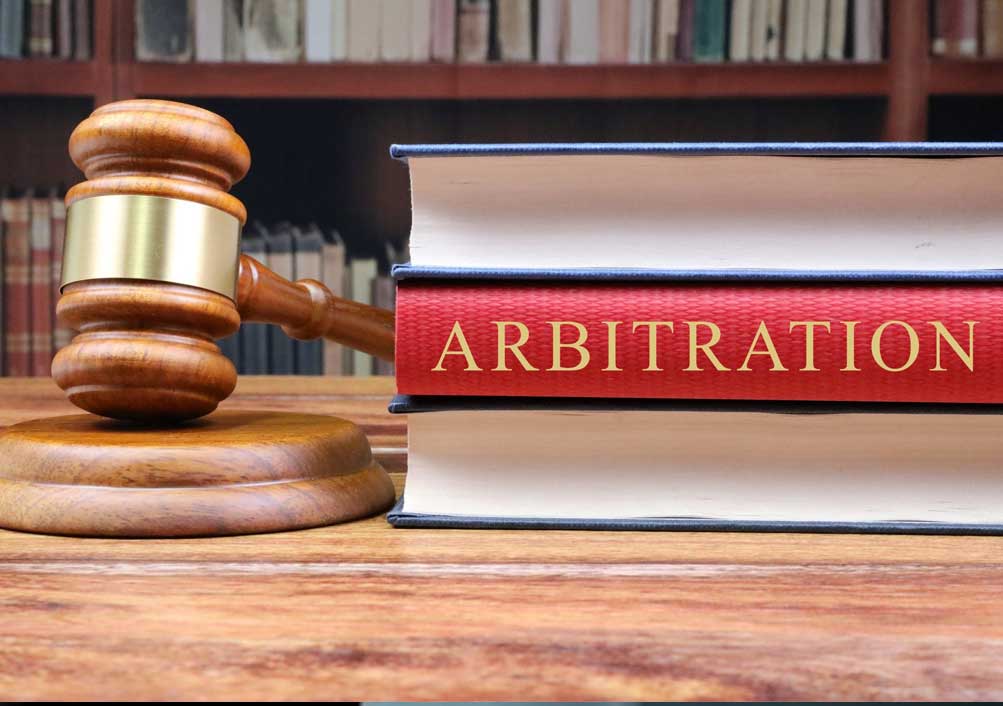“Least interference at pre-appointment stage”: Bombay High Court allows application seeking appointment of Sole Arbitrator where insufficient stamp duty was paid

Read Judgment: Vivek Mehta & Anr. V. Karrs Designs & Developments & Ors.
Pankaj Bajpai
Mumbai, March 9, 2022: While considering an issue as to whether the arbitration should be held up at the pre-appointment stage and pre-reference stage or whether party should be left to follow the procedures post reference and be left to agitate their respective challenges, the Bombay High Court has focused on the aspect of ‘least interference at the pre-appointment stage’ and appointed Karl Tamboly, Advocate, as Sole Arbitrator to adjudicate upon claims and counter claims, if any that had arisen under a Memorandum of Understanding (MOU).
The Single Judge A.K Menon observed that the agreement in the form of MOU proposed to be executed would certainly attract stamp duty but such an instrument was yet to be executed, and hence, the question of payment of stamp duty was something that would have to be gone into at the appropriate stage and not in the present application which was restricted to appointment of an Arbitrator.
The observation came pursuant to an application filed u/s 11 of the Arbitration and Conciliation Act, 1996, seeking appointment of a Sole Arbitrator to adjudicate upon disputes that had arisen under a Memorandum of Understanding (MOU) dated August 29, 2009.
The application filed in 2016 remained pending for numerous reasons. Initially, the parties were referred to mediation since they were in negotiations and meetings had been held prior to 2017. These meetings did not yield results and in 2019 the respondents raised objections to the maintainability of the petition since the MOU was not sufficiently stamped.
Eventually mediation having failed, the matter was taken up for hearing and after noting that clause 17 of the MOU contained an arbitration clause, the court noted that stamp duty in respect of the MOU was payable by the applicants. In view of the objections to stamping, the court considered the nature of the MOU and observed that unless stamp duty was fully paid with penalty, the court could not proceed with appointing an arbitrator.
After considering the submissions, Justice Menon found that the petitioner had self-assessed the duty payable and paid the duty and penalty on the document thereby presenting a case of insufficiency of stamps being cured by self-assessment, which was contested by the respondent on the basis that the document had been wrongly classified for the purposes of stamp duty and stamp duty had been paid under Article 5(j) of the Schedule of the Karnataka Stamp Act, 1957 which was erroneous.
Incorporation of an arbitration agreement within the MOU is admitted and clause 15 of the MOU requires stamp duty and registration charges in respect of the agreement to be paid by the purchasers viz. the applicants whereas a sum of only Rs.100 has been paid on the instrument as of now, noted the Single Judge.
Justice Menon further noted that the clause itself was the genesis of the application and an instrument containing the said clause had now been found to be inadmissible in evidence for want of sufficient stamp duty.
In the present case, the MOU was executed on stamp paper of Rs.100 and thus, there was no question of the document being “unstamped”, rather, it was at best insufficiently stamped, added the Single Judge.
Accordingly, the High Court requested the Arbitrator to file his disclosure statement under Section 11(8) and Section 12(1) within two weeks with the Prothonotary and Senior Maser and provide copies to the parties.
Sign up for our weekly newsletter to stay up to date on our product, events featured blog, special offer and all of the exciting things that take place here at Legitquest.




Add a Comment